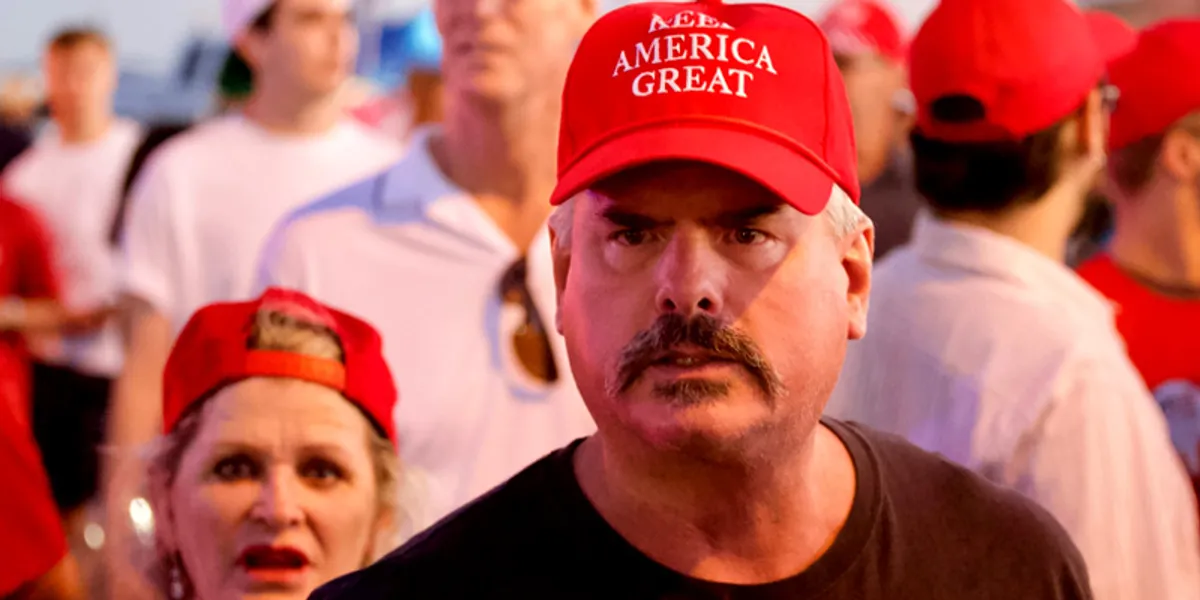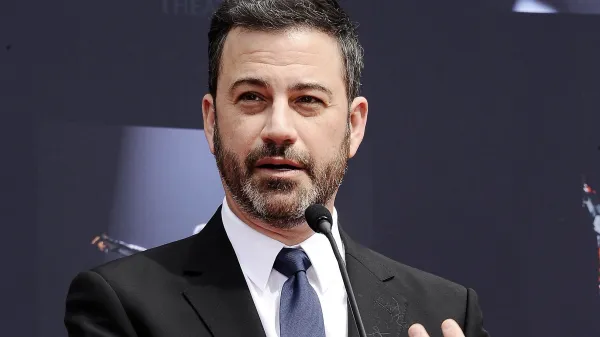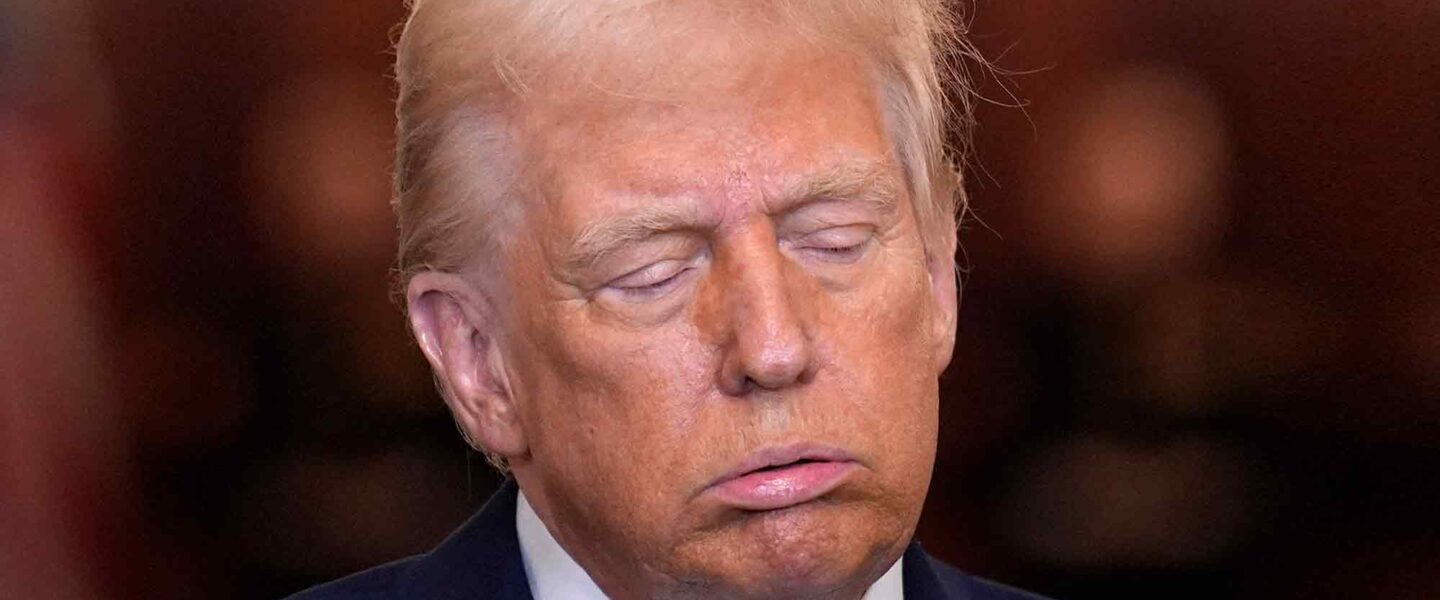
President Donald Trump once again demonstrated his uncanny ability to turn political rallies into psychological experiments this weekend by announcing to a room full of paying guests that “smart people don’t like me.” According to video posted by Republican strategist Nicole Kiprilov, the line landed to warm laughter from the crowd, many of whom were reportedly still trying to decide if it was a joke or an insult.
The statement, delivered during a gala at Trump’s Bedminster golf club, came in the middle of remarks about Tyler Robinson, the suspect in the assassination of conservative activist Charlie Kirk. “It must have been traumatic because the parents are conservative people—supposed to be very nice people—living in Utah, and the father turns in the son,” Trump said before drifting into the intelligence demographics of his own critics. “Smart people don’t like me, you know? And they don’t like what we talk about.”
Observers noted that Trump’s segue from family tragedy to self-branding as the sworn enemy of “smart people” was so seamless it almost resembled strategy. “I agree!” Rep. Jasmine Crockett (D-Texas) wrote on X. “Soooo does MAGA know what this means he thinks of them 😳?” Her post went viral as thousands of users attempted to process whether the president had just called his base “not smart” while congratulating himself for doing so.
Political analysts across the spectrum were quick to point out the paradox: Trump simultaneously alienates “smart people” and uses their supposed disdain as evidence of his authenticity. “It’s a classic populist move,” said one observer, “except most populists don’t insult their own audience to their faces while charging them for dinner.”
While the audience at Bedminster appeared unfazed, social media lit up with memes showing MAGA hats emblazoned with slogans such as “Proudly Not Smart” and “Dumb But Loyal.” Supporters, meanwhile, insisted the line had been misinterpreted, arguing that Trump was only referring to “fake smart people” or “elites,” a distinction left conveniently undefined.
The president has long thrived on an outsider persona, wearing the scorn of academics, journalists, and policy experts as a badge of honor. But critics argue that equating expertise with elitism and elitism with evil has left American politics in an endless loop of anti-intellectual grievance. “If being disliked by smart people is your campaign platform,” one columnist quipped, “what exactly are you promising the rest of us?”
The White House was contacted for clarification, but officials reportedly declined to comment, citing an ongoing policy of not trying to interpret whatever Trump says at golf clubs.
For now, the remark has achieved what most of Trump’s off-the-cuff comments do: animate supporters, infuriate opponents, and leave everyone else with the creeping suspicion that the joke might be on them.




